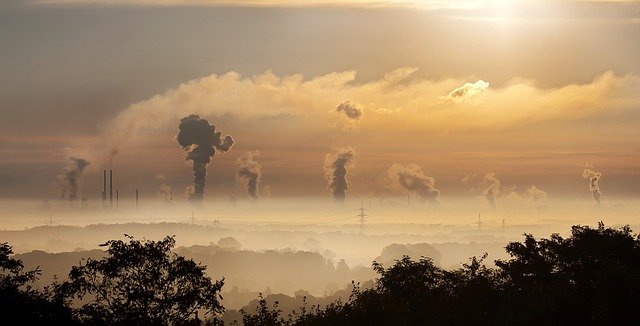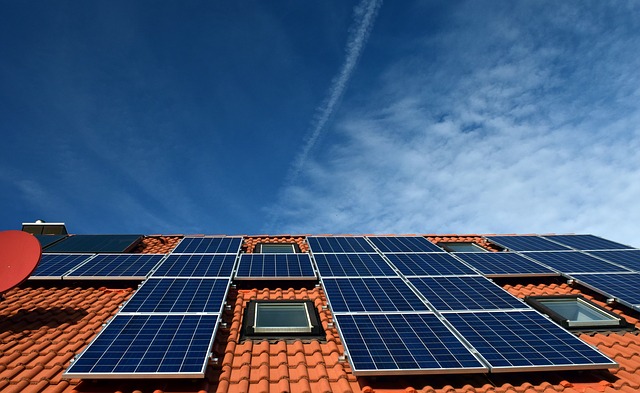INTRODUCTION
Let’s discuss a growing common issue and that is how Countries are affecting the environment of their neighboring countries by not doing anything about it and denying climate change. The hot issue of climate change is not limited to climate change strategies only. The actual question is what we can do about countries that deny climate change?
Read: We Are Witnessing Climate Change Kill Our World
The Earth is like a globe, if one country is polluting the environment or responsible for increasing greenhouse gases emissions, it is certain that surrounding countries will face the consequences as well.
Neighbor countries share natural resources such as water bodies, atmospheric conditions, etc. The boundaries on the map and land cannot stop air pollutions from following in surroundings and it is the same for water bodies as well.
TOP 10 POLLUTER COUNTRIES IN THE WORLD
Published research has discussed the carbon footprint and global top polluters that are releasing a huge amount of greenhouse gases particularly carbon dioxide into the atmosphere.
The top 10 polluters in the world are as follows
- China
- United States
- India
- Russia
- Japan
- Germany
- Iran
- South Korea
- Kingdom of Saudi Arabia
- Indonesia
Why did we mention the top 10 polluters? It is because we want our readers to understand that the whole world right now is experiencing adverse impacts of climate change.
Also check out: Climate Despair – A Scheme By Corporations To Hinder Action?
CLIMATE CHANGE DENIERS – A DANGER FOR NEIGHBOURING COUNTRIES
Climate change deniers are an existing danger for neighboring countries as well as the whole world. On one side some countries are trying hard to lessen the impacts of climate change on the other hand there are countries that are not putting in any effort to reduce their greenhouse gases emissions.
It is quite necessary to highlight the efforts of the countries that are implementing great strategies to either decrease greenhouse gases emissions or adopt climate change strategies.
Pakistan is a neighboring country to India and China and it is among the most affected countries due to climate change. Knowing the likely consequences of climate change on the country, the Prime Minister of Pakistan has initiated several projects to tackle the impacts of climate change. Few examples include billion tree tsunami projects, miyawaki urban forests, etc.
Pakistan is doing its efforts without international assistance to slow down the effects of climate change but the impending danger from neighboring countries is a huge issue for Pakistan.
Also read: Impacts of Transboundary Pollution on Pakistan
Another published research has reported that 17 to 49% of carbon dioxide emissions could be reduced only if renewable energy sources are utilized for electricity generation and cutting off coal power plants.
IPCC has reported that top polluters are not following the Paris agreement. The example includes India. China has announced its five-year plan to welcome renewable energy that would be a sustainable step. Low carbon technology will be introduced to reduce its contribution to the global increasing carbon footprint. The United States is ranking at number two and followed by India at number three.
South Asian countries are experiencing extreme weather events and heat waves are becoming more intense. Water scarcity and hot weather issues might lead to drought. The Himalayan glaciers are melting which would increase destruction due to climate change. Natural disasters are becoming more frequent. There is water conflict between India and Pakistan due to water scarcity issues becoming prevalent in South Asia. India is clearly violating Indus Treaty and for climate change, it has not developed strategies to lowers its carbon emissions. Check out South Asia Water War – Impact of Indian Hegemonic Aim on Pakistan
The situation is more severe now due to the COVID-19 pandemic and there is the possibility that the entangled economy of India would not allow it to announce its climate change policies. Extreme weather events will likely increase in the region due to the continuous release of greenhouse gases.
Also read: What is Climate Justice and Why Is It Important?
CONCLUSION
Experts have said that even if all carbon emissions are cut down, that would not necessarily stop climate change. Why so? Because anthropogenic activities have damaged the global temperature system of the Earth. The ecosystem of the Earth could be saved only unless countries act together to reduce global carbon footprint and believe that the emission of greenhouse gases is responsible for global warming.
Also check out: What is Climate Change Adaptation? – Importance and Methods and Climate Change Adaptation Methods and Mitigation Strategies.
I hope you all liked this post! Please comment below if you have any suggestions, comments, or feedback! We at #envpk love hearing from our readers! Thanks!




